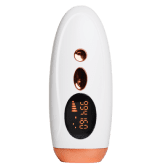Can Nail Polish Cause Fungal Infections? Myths vs. Facts Explained
Can Nail Polish Cause Fungus? Myths vs Facts Nail polish
 Free Fast Shipping on Orders Over $60
Free Fast Shipping on Orders Over $60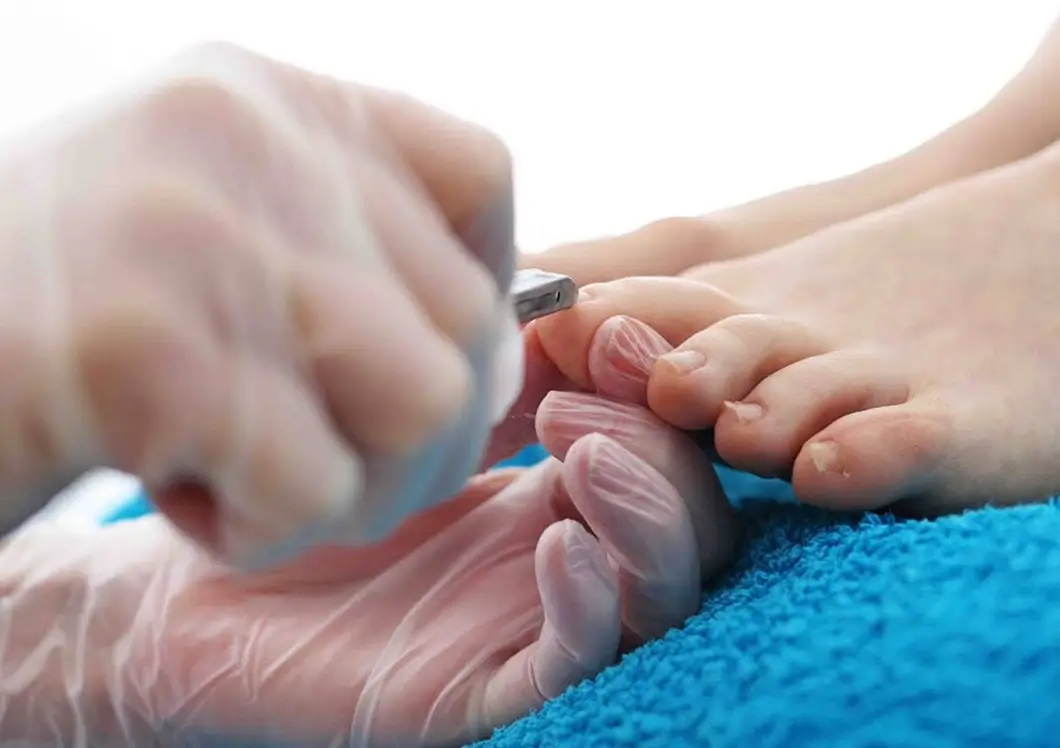

The natural aging process affects nearly every part of the body, including toenails. Nails grow more slowly with age, primarily because of reduced blood circulation, which deprives nail beds of oxygen and essential nutrients for healthy, normal nail growth. The consequences are the buildup of nail cells that causes a thickened nail plate, known in podiatry as onychauxis. This triggers ridges and surface irregularities as growth stagnates.
As toenails grow more slowly, the cells responsible for producing keratin, the main nail protein, do not shed as quickly. This buildup leads to notably thicker and sometimes yellowish, brittle nails. Elderly people may find nails becoming so hard that they are difficult to treat with standard clippers, making daily foot care an increasing challenge.
Certain medical ailments can significantly increase the risk of thick toenails, including:
Fungal nail infection, onychomycosis, is one of the most common contributors to thick, yellow, or brownish nails in seniors. As fungus thrives in warm, moist environments such as inside shoes, these infections can change nail color, cause debris buildup, create odor, and eventually distort the nail shape.

Our blog is authored by the Swissklip founders alongside our trusted medical advisors. What began as a heartfelt solution for Opa’s thick toenails blossomed into a full line of premium self-care tools, all designed with quality and safety in mind. Working closely with podiatrists and dentists, we ensure every article carries medical-grade insights you can trust. Expect practical, expert-backed advice every time.
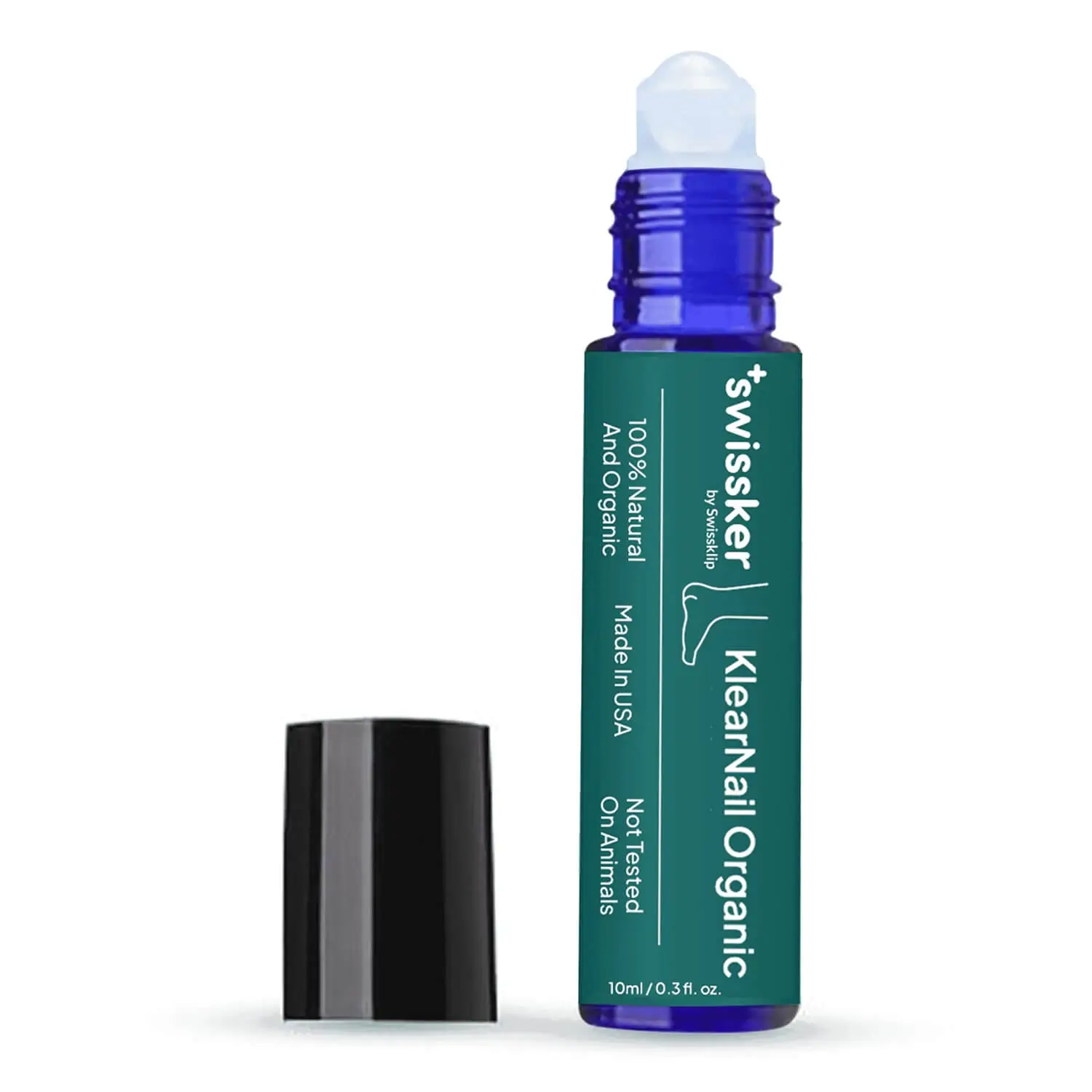

A roll-on solution that kills drug-resistant fungus on contact.
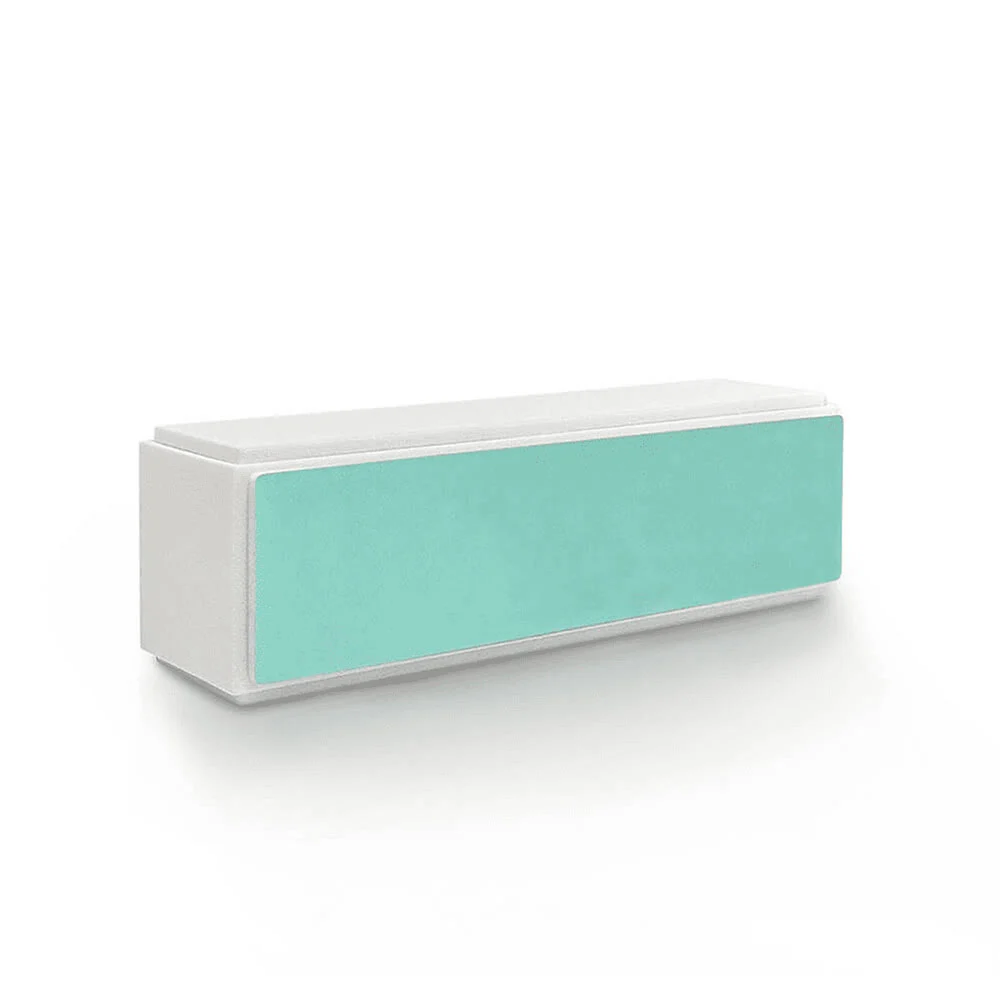

Achieve salon-quality smoothness and a dazzling natural shine
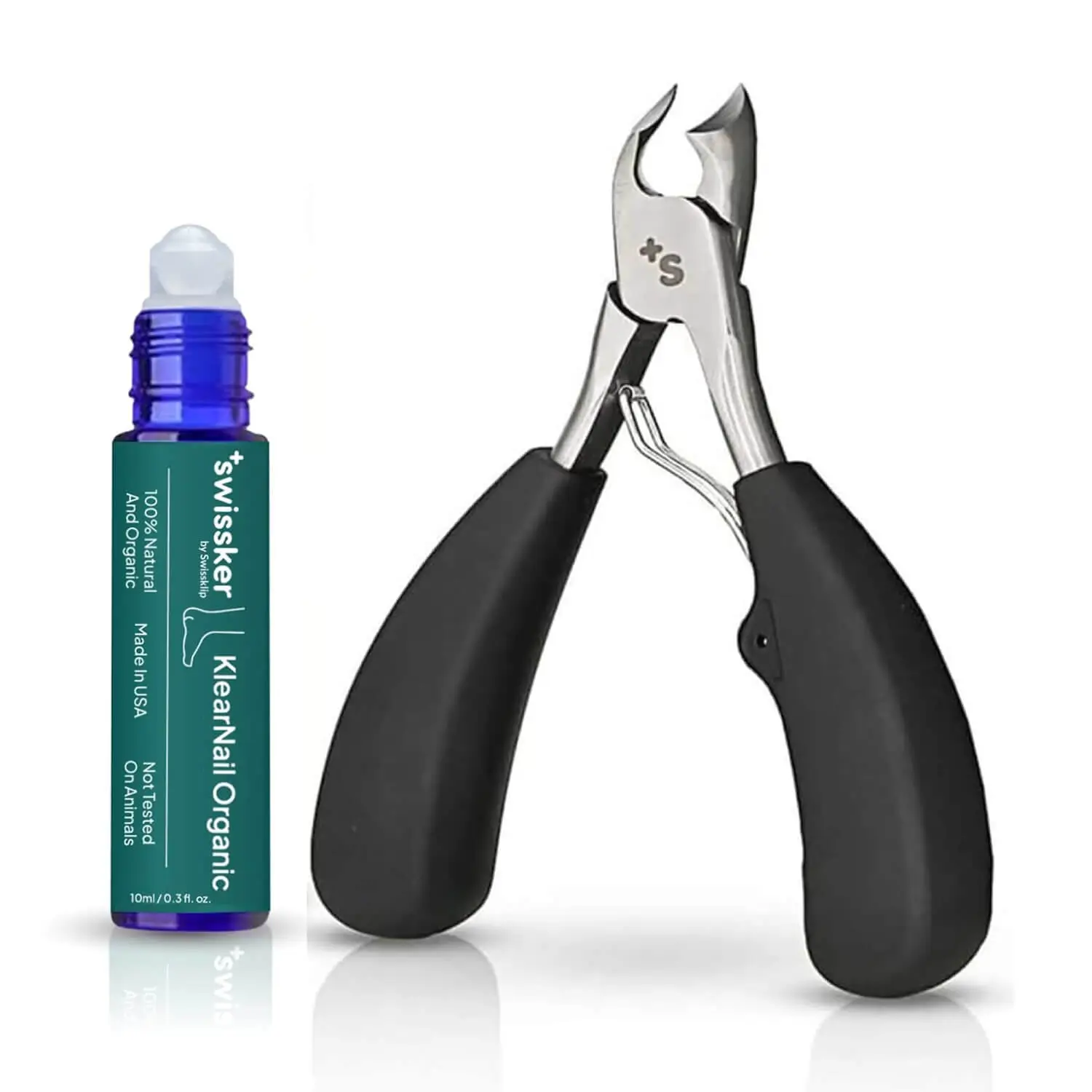

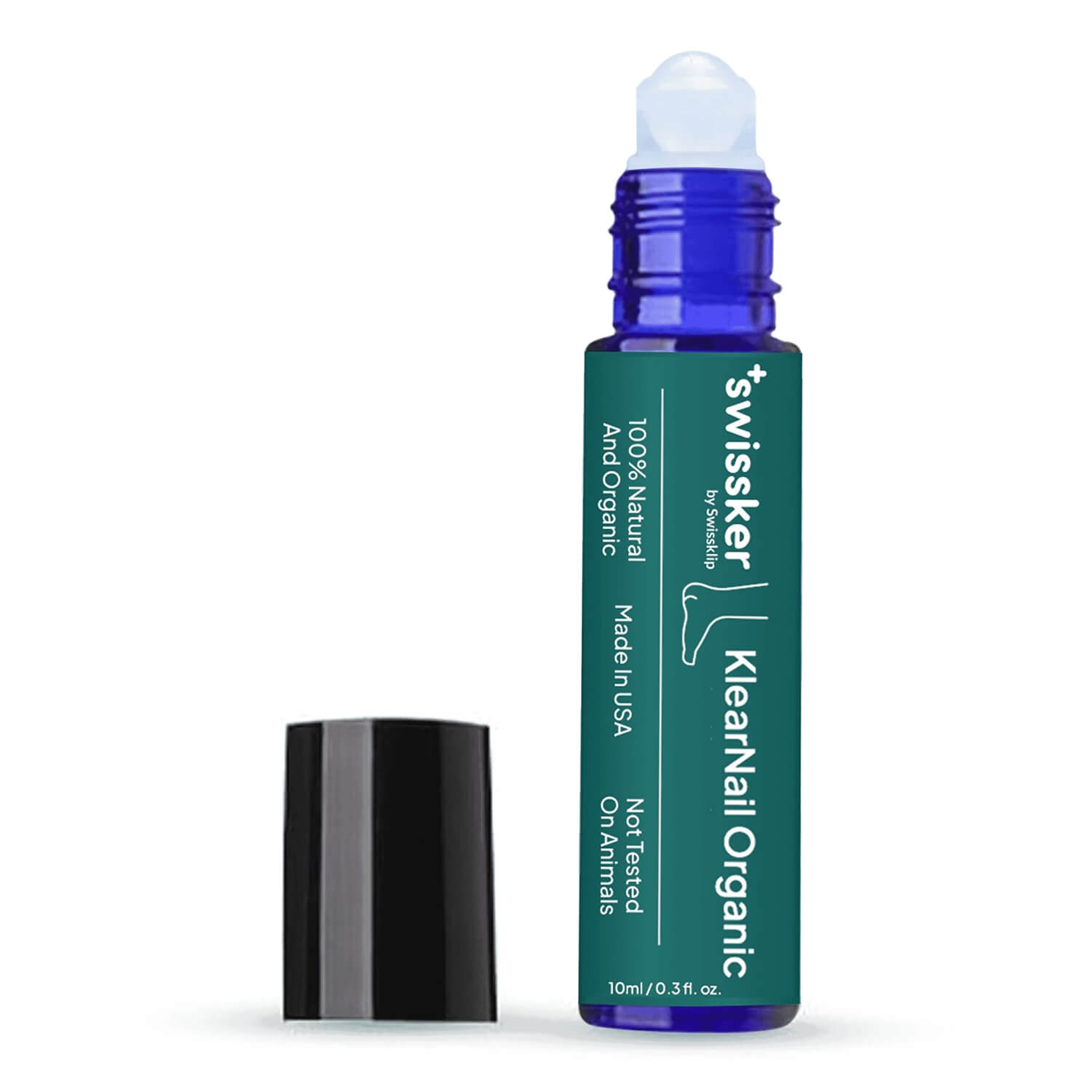

A roll-on solution that kills drug-resistant fungus on contact.
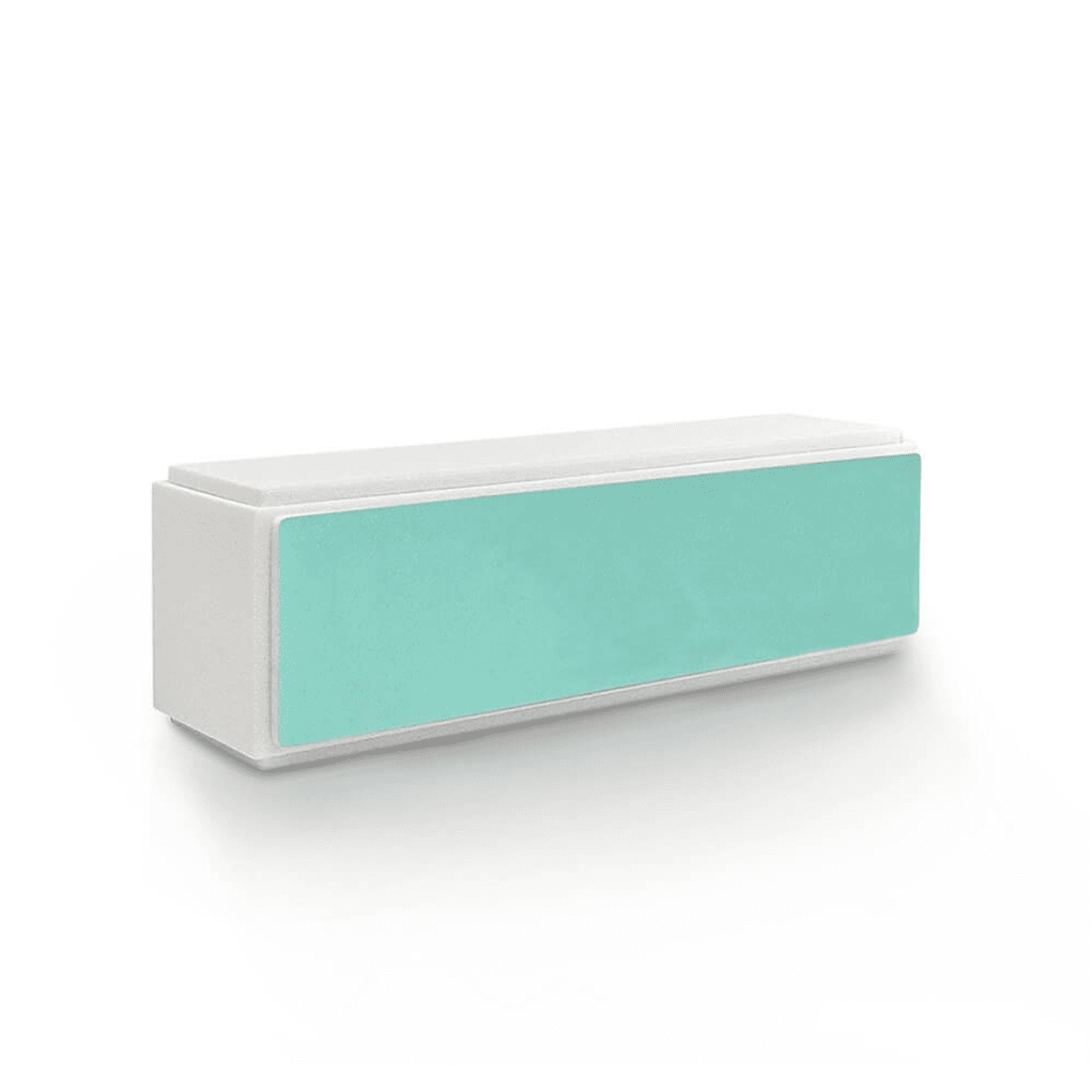

Achieve salon-quality smoothness and a dazzling natural shine
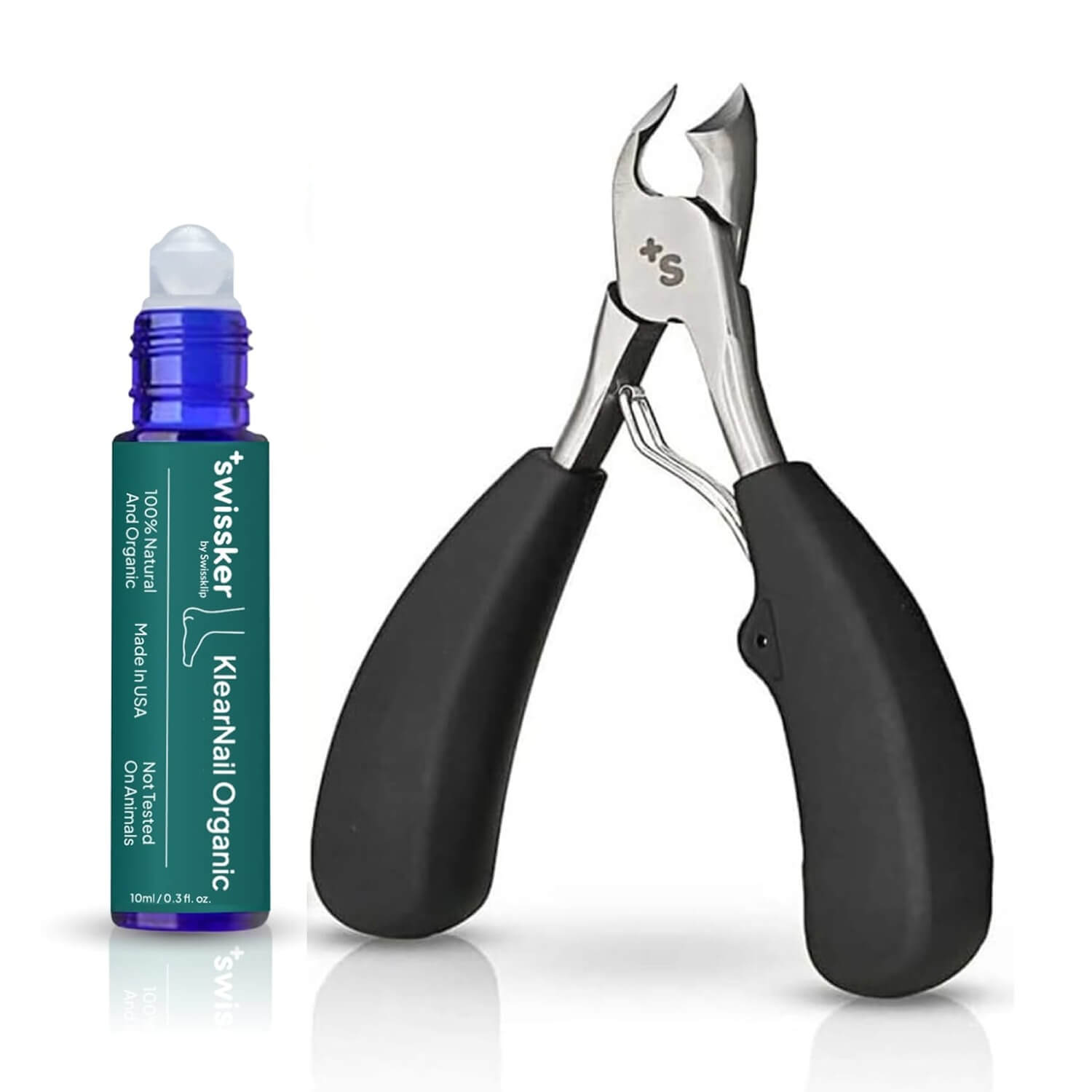

Can Nail Polish Cause Fungus? Myths vs Facts Nail polish
10 Hygiene Essentials Everyone Should Own Most people think they


